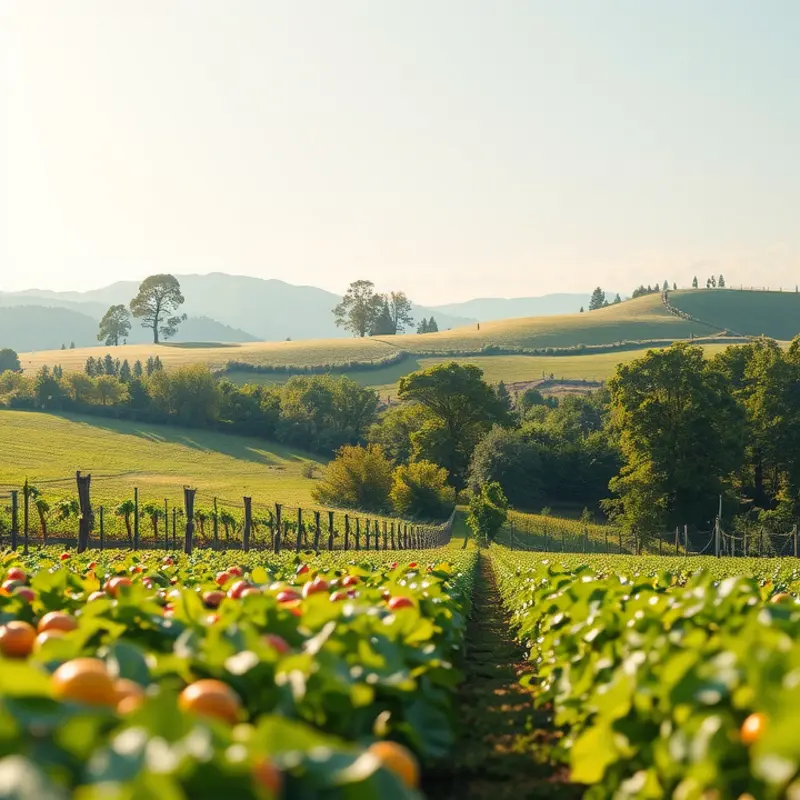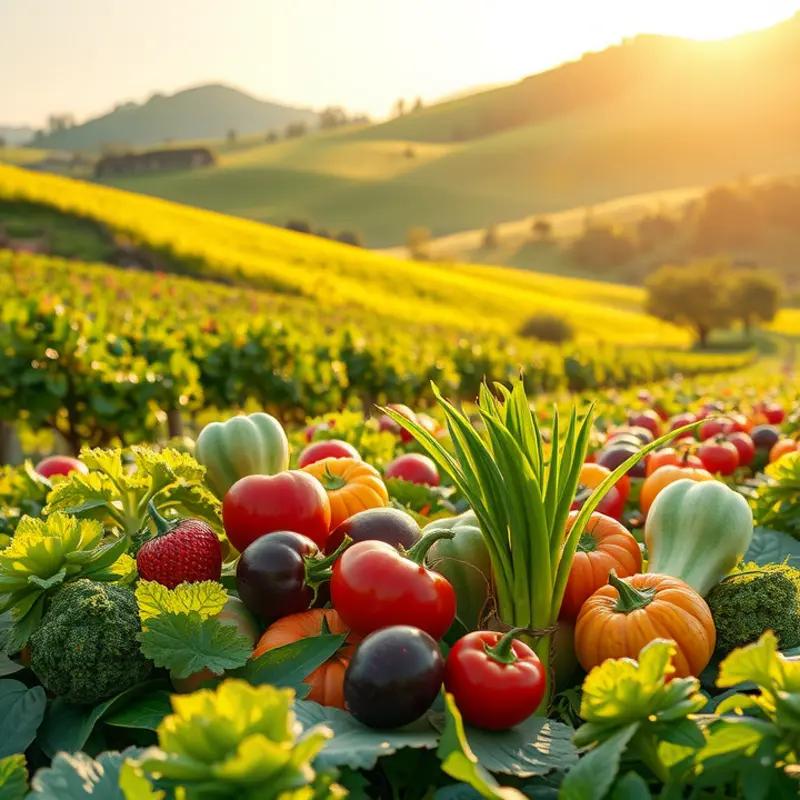Baking doesn’t have to come at the expense of the planet. Eco-conscious baking integrates sustainable practices into the kitchen, helping to reduce waste and promote healthier choices. It isn’t just about the ingredients—it’s about the entire process, from sourcing materials to cleanup. With a few thoughtful adjustments, baking can become a vibrant expression of love for both food and the environment. Embrace these eco-friendly techniques to savor the satisfaction of guilt-free indulgence while minimizing your ecological footprint.
Sourcing Ingredients Sustainably

Selecting ingredients that satisfy both the palate and the planet requires thoughtful choices about sourcing. A key principle is opting for local produce, which travels shorter distances to reach your kitchen. This not only reduces carbon emissions but also supports local farmers, fostering community resilience. Local markets and cooperatives are excellent places to find fresh produce, offering a tangible connection to your food sources.
When looking for top-notch ingredients, prioritize organic produce. Organic farming practices limit the use of synthetic fertilizers and pesticides, thus protecting the soil, water, and biodiversity. Organic ingredients often boast richer flavors, enhancing your baked goods while nurturing the ecosystem.
Choosing ingredients that are in season is another sustainable practice. Seasonal produce is picked at peak ripeness, offering superior taste and nutrition. Buying in season means avoiding the energy costs associated with heating and lighting greenhouses or storing food for long periods. It also avoids the emissions associated with importing out-of-season goods, promoting an eco-friendly approach to baking.
Sustainable baking goes beyond just choosing eco-friendly ingredients. Packaging also plays a crucial role. Where possible, buy in bulk to minimize packaging waste. Reuse containers and explore stores that offer products in compostable or recyclable packaging. By reducing the overall waste footprint, you contribute significantly to greener baking habits.
To delve deeper into minimizing waste while cooking, explore strategies in low-waste cooking, where keeping sustainability in focus helps reduce environmental impact significantly.
Each decision we make in sourcing reflects a commitment to the environment. These choices lead to baked creations that are not only delightful but also sustainable, aligning with an eco-conscious ethos. Through these mindful practices, bakers can satisfy their creative passions while nurturing the planet.
Baking Practices for a Green Kitchen

Embracing eco-friendly baking techniques begins with using energy-efficient appliances. Opt for convection ovens, which distribute heat evenly and reduce cooking time. These ovens ensure even baked goods while minimizing energy consumption. An electric mixer with adjustable speeds can also save energy by matching power to task demands.
Minimizing food waste is another cornerstone of eco-conscious baking. Start by planning your ingredients meticulously to prevent over-purchasing. When possible, buy in bulk to reduce packaging. Consider integrating ingredient batching into your routine, where specific ingredients prepare multiple recipes at once, maximizing ingredient utility.
Creativity shines when using all parts of ingredients. Vegetable and fruit peels, often discarded, add both flavor and nutrition. Citrus zest elevates muffins, while apple peels can be dehydrated for a crunchy snack. Stale bread transforms into breadcrumbs or croutons, with recipes only limited by imagination. Regularly employing these strategies drastically reduces organic waste.
Eco-conscious bakers also pays attention to proper food storage techniques. Quality, reusable containers extend the life of ingredients by offering airtight seals that maintain freshness. Consider visiting Eco-Smart Kitchen Storage for tips on optimizing food storage to further reduce waste.
In recipe choice, pivot toward recipes that use whole foods where possible. Swap out conventional ingredients for alternative ones that are sustainably sourced or ethically produced. For instance, choose locally-sourced honey over sugar, or plant-based milks with lower carbon footprints. Integrating organic grains and flours supports farming practices that enrich the soil rather than deplete it.
The choice of baking materials also plays a crucial role. Replace disposable parchment and aluminum with silicone mats or metal trays that can be reused for years. Wooden and bamboo utensils offer biodegradable options compared to plastic, reducing landfill contributions.
Finally, consider offsetting your kitchen’s energy usage by incorporating simple eco-friendly habits. Baking during off-peak energy hours benefits the environment by reducing overall demand. Fill the oven with multiple trays to maximize each baking session, and turn off the oven a few minutes early to let residual heat finish baking.
Together, these practices collectively contribute to a more sustainable kitchen environment. They not only minimize your carbon footprint but also connect you deeply to the process of baking and its impact on the planet. Integrating these habits into your routine fosters a greener kitchen and enriches the baking experience with purpose and intentionality.
Final words
Eco-conscious baking opens the door to a culinary world where sustainability meets deliciousness. By sourcing ingredients mindfully and adopting green baking practices, anyone can contribute to preserving the environment while creating delectable treats. The act of baking can become more than just a hobby—it evolves into a commitment to the earth and future generations. Each simple choice, from organic flour to energy-saving appliances, adds up to a profound impact. Embrace these eco-friendly strategies, and enjoy the process of baking while honoring our planet.








